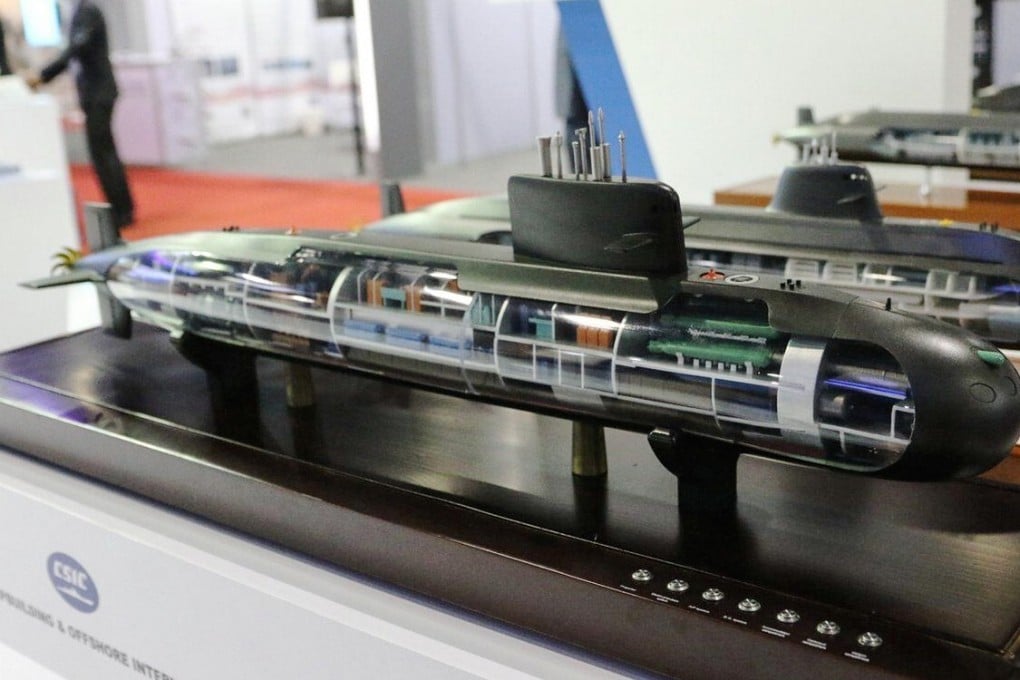Thai-China submarine deal backlash shows pressure on Prayuth to defend arms buying spree
- Since Prayuth Chan-ocha took power in 2014, Thailand has increasingly been arming itself with weapons from China
- As Thailand’s order of two Chinese submarines stalls, one analyst says US-China tensions could be behind the deal’s delay

Opposition lawmaker Yuttapong Charasathien said his Pheu Thai party – backed by ousted former leader Thaksin Shinawatra – had questioned whether representatives from the Thai Navy and submarine builder China Shipbuilding & Offshore International, who signed the agreement in 2017, had the authority to do so.
There should be a “full powers” document from both the Thai and Chinese head of governments to make it a valid pact, he said.
“General Prawit Wongsuwan, the deputy prime minister, said he would provide all documents to prove that the deal is valid,” said Yuttapong, who was among 24 opposition lawmakers in a parliamentary subcommittee that included 72 others from the government coalition scrutinising the navy’s budget for the 2021-2022 financial year.
The subcommittee had after a vote approved the acquisition of two Yuan Class S26T submarines worth 22.5 billion baht (US$726 million). The purchase of one submarine had gone through in 2017 and is expected to be delivered in 2023.